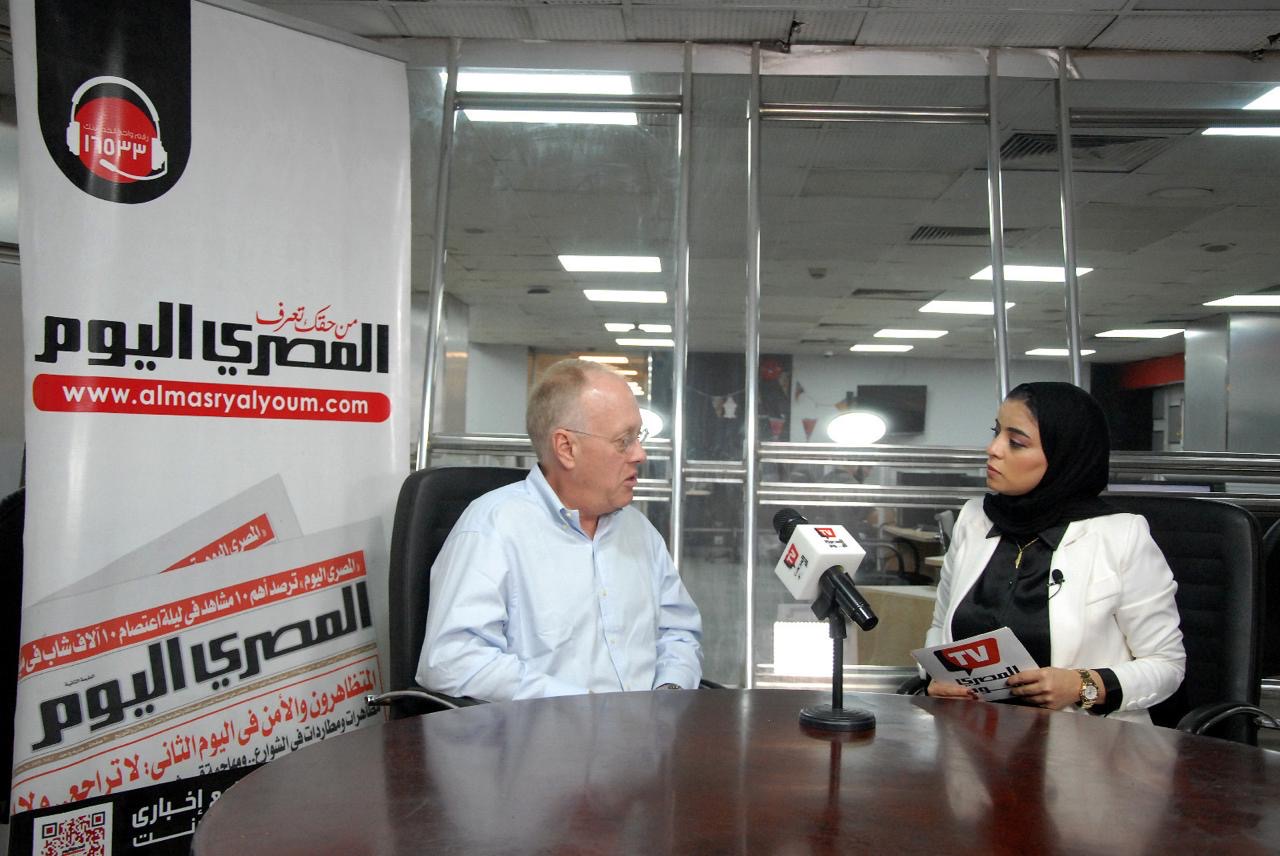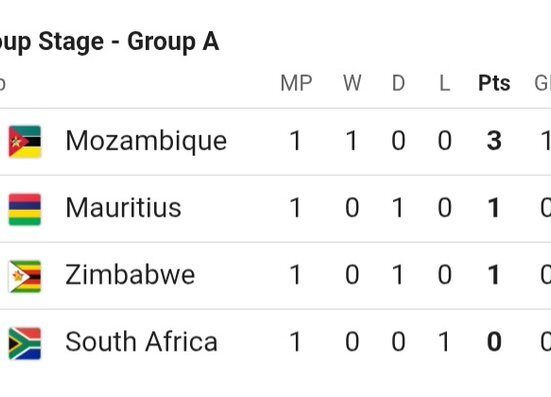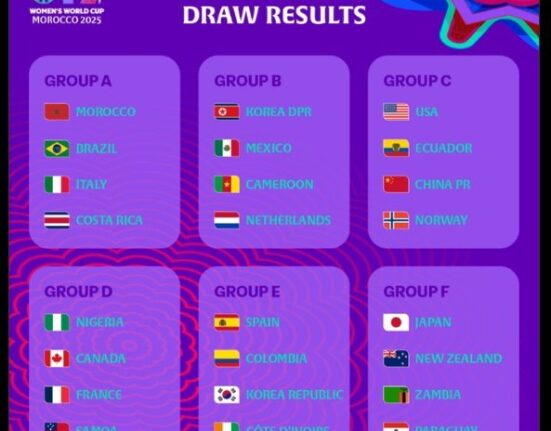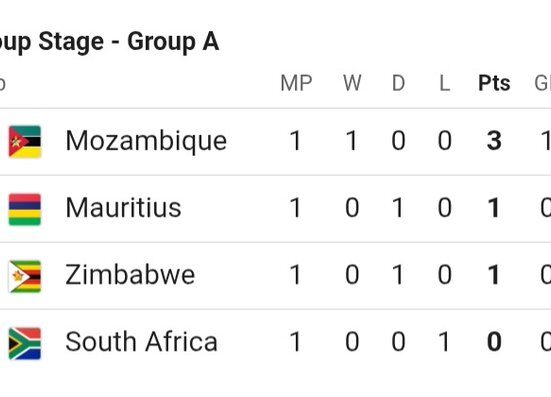His words struck a chord deep in my heart. As we concluded our lengthy interview, American Journalist Chris Hedges addressed the Palestinian people on the anniversary of the Nakba, saying: “Continue your resistance until the land is liberated, from the river to the sea.” His voice trembled, and his eyes welled with tears – tears that also found their way into mine, for Gaza faces its nineteenth consecutive month of genocide before the world’s eyes. The facade of western civilization as a beacon of moral superiority has crumbled, laying bare the lie during these defining moments of human history, as Hedges described it. Meeting this extraordinary journalist was a moment where pain met pride, and a reminder that the power that words can hold affirms how journalism remains one of the noblest professions. His career stands as a testament to this truth. Chris Hedges is a writer whose fearless pen who recognizes no red lines. A journalist with the spirit of a fighter, he defends humanity with the power of objectivity and courage. His words pierce the darkness like a faint light in a morally bankrupt world, as he calls it. Through his writings, readers encounter a truth often lost in the labyrinth of political narratives. He peels back layers of distortion to expose harsh realities, as if he were salvaging the truth from beneath the rubble and giving it a second chance at life. Hedges emerged as a fierce critic of imperialism after resigning from The New York Times, which could not tolerate his objective stance against the US occupation of Iraq. His reporting strayed from official narratives, telling the truth as it was. But his intellectual legacy runs deeper—he has dissected the psychology of the media and the war machine, analyzing how American democracy is eroding and how the intellectual class in the US has collapsed in the face of imposed injustice on the Global South. This has placed him in constant confrontation with powerful institutions, particularly the Zionist lobby, which he considers an enemy. As the Middle East enters a turning point in its modern history, Hedges dares to speak out, accusing his own country of destroying Iraq, Syria, and Yemen, and destabilizing the region to advance its own interests. He sees the genocide in Gaza not as a war against Palestinians alone, but as a continuation of colonial legacies planted by the West through the Balfour Declaration and Sykes-Picot Agreement, and perpetuated through decades of illegal American interference. From “arming the occupation” to “demonizing resistance,” Hedges holds America chiefly responsible for the chaos and instability engulfing the Middle East. He believes the US seeks to install obedient regimes and eradicate or co-opt any liberation movement that falls outside its sphere of influence. Hedges’ views are explosive against false narratives—especially those propagated by Zionists. He does not speak as a detached observer, but as a front-line witness, having reported from more than 50 conflict zones, including Palestine, Iraq, Sudan, Yemen, and Bosnia, during a 20-year career as a war correspondent. Following his forced resignation, he turned to writing full-time, authoring books such as War Is a Force That Gives Us Meaning, Empire of Illusion, and The Death of the Liberal Class. He is a Pulitzer Prize winner recognized for his courage. The ongoing genocide in Gaza has commanded his full attention. He offers a panoramic narrative capturing the lives of people enduring collective death under siege. In his latest book, The Managed Extinction: On Survival and Resistance in Occupied Palestine (Seven Stories Press, New York, 2025), Hedges recounts the stories of Gaza’s forgotten victims through in-depth interviews with survivors – conveying, from afar, a world filled with pain and resistance that challenges dominant Western narratives. He has also collaborated with Maltese-American cartoonist Joe Sacco, pioneer of graphic journalism and one of the most prominent artistic defenders of the Palestinian cause, known for his acclaimed works Palestine and Footnotes in Gaza. This interview with Hedges takes place as he continues, from Cairo, his “painful and demanding” journey to document the genocide in Gaza. – To begin with, can you tell us about your latest project documenting the ongoing genocide in Gaza? Have you faced any pressure or harassment because of it? Before I begin, Engy, I just want to say it’s an honor to be here with you and with Al-Masry Al-Youm. Allow me to extend my greetings to my friend Mohamed Salmawy and my friend Khaled al-Balshy, whom I greatly respect. I also believe we must recognize and honor the journalists in Gaza, where more than 120 have been killed — most of them in direct assassinations. Many journalists and I hold them in the highest regard. Their courage in the face of this genocide is unparalleled. We have never seen such numbers before. I have covered many wars and have never witnessed anything like this in terms of journalist casualties. And before I proceed, I want to commend your work and, of course, the work of my Palestinian colleagues in Gaza. I have written extensively about the genocide since it began after October 7. It’s a highly controversial topic in the United States. Those who speak about it face immense pressure, and there are constant attacks to silence us. Brave students in the US who joined the protests faced disciplinary action, suspension, or expulsion from their universities. There is a horrific complicity from Western governments, especially the US, which has allowed this genocide to continue. Of course, I wished to go to Gaza, but the Israeli authorities did not allow it. So, I’m now working with cartoonist Joe Sacco, the author of Palestine and Footnotes in Gaza. We’re conducting interviews with Palestinians from Gaza who are now in Egypt. The goal of Israel’s brutal campaign is to erase everything Palestinian: as a people, their culture, their history, to destroying their universities, mosques, and homes. Joe and I want to play a small role in documenting and preserving the voices of these Palestinians so they are not lost. That’s the aim of our project. –How is this project different from your previous work as a war correspondent who has documented 50 conflict zones worldwide? Will the book include official documents, or will it focus solely on Gaza’s stories in a graphic novel format? We will not use official documents, but we will review them. The Egyptian Foreign Minister has promised to give us access to the entire archive of the genocide. What sets this graphic novel apart is its human depth and detail. We aim to convey a sense of emotion — this kind of narrative and documentation is more enduring and sustainable. We also conduct in-depth interviews: when we speak with a Palestinian from Gaza, we typically spend two or three hours at least. The strength of this book, as with my previous works, lies through immersing in the small human details — those often overlooked or omitted by most journalists. These books can be considered panoramic guides for future generations. Joe is a gifted cartoonist in capturing human emotions. I previously co-authored a book with him called Days of Destruction, Days of Revolt, about the poorest areas in America, which included 50 pages of his drawings. We plan to do the same in our book on the genocide because we want, as much as possible, to make people feel the suffering of Palestinians. And I believe visuals help tremendously with that. This is what we’re working on now in Egypt: conveying the emotions of forgotten people. We certainly want future generations — as much as we can — to feel the pain of the Palestinians. –For the past 19 months, the world has witnessed the genocide through videos and images — to no avail. What, then, is the value of your documentation? Do you believe the day will come when Israel is held accountable, or will it escape justice? That’s an important question. When I covered the Bosnian War, and when Radovan Karadžić and Ratko Mladić were prosecuted in The Hague, some of my journalistic reports were used by the prosecutors as evidence. At the time, I didn’t write those reports with the intention of supporting prosecution, but I was glad that my work was used and helped prevent impunity. When people commit genocide or atrocities against the innocent, journalists must document these crimes — despite the risks. Because if we are not there and we don’t write, then those who commit these atrocities will succeed in erasing history and any memory of their victims. And that is precisely what Israel is trying to do. So, if our interviews are ever used in prosecuting Israel, I would be very glad. But that is not the main goal of the book. The primary objective is to preserve these stories — to ensure they are not forgotten. But I do believe that the journalist’s role is to hold power accountable. The more we preserve and defend that role, and the more we succeed in holding power to account, the more just our world becomes. That’s what happened in Bosnia — those criminals were brought to trial. I don’t hold the same hope for war criminals like Netanyahu or Gallant. And let’s be honest: Joe Biden and Donald Trump are also war criminals. Under international law, they are complicit in the crime of genocide. And I would be very happy if my work contributed to their accountability. –You’ve covered 50 conflicts and were personally present in El Salvador, Yugoslavia, Nicaragua, Sarajevo, and Kosovo. But you had a distinct experience documenting what you saw in the Middle East, where you spent seven years — in Iraq, Yemen, and Gaza. What drew you so deeply to this region? Did it change your ideas or reshape your professional path? Each region has its own nature. Every culture is different. And of course, Middle Eastern culture is unique. A good foreign correspondent must be “bicultural” — that is, they must speak the language and understand the culture they are reporting on, in order to translate it into another cultural context. This takes time. It’s impossible to arrive in a conflict zone like El Salvador and genuinely understand what’s happening in just a few weeks. The same was true in Yugoslavia — and it was essential in the Middle East. But the time I invested in the Middle East didn’t just give me awareness of how each culture perceives the world — it changed me. It reshaped my entire outlook. I spent seven years in the Middle East, and it completely transformed how I see my own country, the US. I became sharply aware — whether in Israel, Iran, Iraq, or elsewhere — of the massive suffering caused by Western, especially American, interventions. Worse still, the narrative presented to the American public — often through the media itself — was completely false. This experience didn’t just immerse me in the region’s culture for better understanding. It made me reevaluate American society itself from a different perspective. Yes, I believe the years I spent here shaped my path — starting with my resignation from The New York Times to focus on writing, which marked the beginning of my new journey. – You resigned from The New York Times because of the paper’s stance on the US occupation of Iraq and its objection to your neutral coverage. You gave up an editorial position after 20 years of service in defense of your integrity. Do you feel that fate compensated you — through the success of your books and your global recognition — as if to say: only the truthful endure? What’s your message to journalists who sell their conscience to climb the ranks in America and beyond? After I left The New York Times, I was blacklisted. I could no longer work for any media outlet in the United States. But I had written a book titled War Is a Force That Gives Us Meaning, which became a bestseller and sold hundreds of thousands of copies. At first, I considered applying for a job teaching English at a high school and coaching track — I used to be a runner. But the book’s massive sales not only gave me a significant income, they also attracted the interest of publishers who offered generous advances for my next books. That’s how I managed to remain financially stable. I know journalists and diplomats, like John Kiriakou at the CIA, who did the right thing — he exposed the torture programs — and suffered greatly for it. There’s no guarantee that telling the truth will work out for you. Often, it doesn’t. I was lucky. But I walked away with my dignity and integrity — and for me, that’s more important than any career. And that is my message to those who sell their conscience for a position. –In a previous interview with Al-Masry Al-Youm, you said that the Oslo Accords aimed to turn Fatah into a “police force” and described them as one of the greatest mistakes of the late Palestinian President Yasser Arafat. Can you elaborate? Yes. The Oslo Accords were designed to turn the Palestinian Authority into a colonial police force. That’s why the great Palestinian thinker Edward Said called Yasser Arafat “the Palestinian Pétain”—a reference to Marshal Pétain, who collaborated with the Nazis in France. And I fully agree with that description. –After what you called “the Oslo trap,” do you think Arabs keep falling into the same traps? And based on your experience in the region and understanding of the Zionist occupation, what alternatives do you propose? No, not always—but Palestinians have certainly suffered from poor leadership. The biggest concession Arafat made under Oslo was abandoning the right of return. That meant that most residents of Gaza would never be allowed to return to their original homes. This, in fact, was one of the key reasons Hamas emerged—Hamas is a direct consequence of Oslo. Palestinians in Gaza rightly felt that Fatah had abandoned them. As for the solution? I believe the real solution in the Middle East begins with the US—and, to a lesser extent, the rest of the West—ceasing its interference in the region and halting its arms shipments. -So, you hold the United States responsible for the sustained conflicts in our region? Absolutely. I hold the US primarily responsible for the instability in the Middle East, due to its efforts to create regimes that serve its own interests, and its interference in governments or movements that genuinely seek to represent their people’s national interests—such as the Ba’athist movements or Arab nationalism—so long as they are not under American influence. Let me quote Iran’s slogan: “America is the Great Satan.” When you look at history—from the Balfour Declaration to the Sykes-Picot Agreement—it’s clear that European and then American interference is the root cause of much of the instability, suffering, and violence in the region. I’m not saying the region would become a paradise if they withdrew, but it would certainly be much better. -Do you see the war on Gaza as part of a wider global conflict between imperial powers and the resistance of oppressed peoples? Yes. I believe what happened in Gaza sent a powerful message to the Global South. The West doesn’t recognize them—or their suffering. The only genocide the West acknowledges is the one committed by the Nazis. But as Aimé Césaire wrote in his Discourse on Colonialism, what the Nazis did to the Jews is exactly what the West did to the colonized in India, to Black people in Africa, and to Arabs in Algeria. There is no difference. The problem is these genocides are rarely acknowledged—such as the German genocide of the Nama and Herero peoples in what is today Namibia, which has been virtually erased from history. The Global South understands this very clearly. For example, take the 1943 Bengal Famine, in which three million Hindus died. Winston Churchill, who was Prime Minister at the time, said of them: “They are a beastly people with a beastly religion.” The sanctification of the Holocaust has been used by Israel to frame itself as the eternal victim. But this narrative is not part of the Global South’s memory. Look at the suffering of Kenyans under British colonial rule during the Mau Mau uprising. The Global South clearly sees that genocide has always been a tool of Western imperialism. It wasn’t just inflicted on Jews. So, when they see Gaza, their historical memory tells them: “This is what the West always does.” And they’re absolutely right. -To what extent do you think America’s unconditional support for the Israeli occupation threatens the stability of the Middle East? I believe the US bears significant responsibility for the instability in the region—not only because of its support for the Zionist project but also because of its long history of interference in Middle Eastern affairs. Starting with the CIA-led coup against Mosaddegh in Iran and the imposition of the Shah, to the catastrophic Iraq War that lasted for two decades. That war was a crime—Iraq had nothing to do with 9/11 and possessed no weapons of mass destruction. We’ve seen the US destroy one country after another: Syria, Libya, Afghanistan, Iraq, and Lebanon as well. Israel, with America’s support, helped turn Lebanon into a failed state. So it’s
Trending
In fiery interview, US journalist Chris Hedges calls out America’s support of genocide in Gaza
- by trending360admin
- June 4, 2025
- 0 Comments
- 14 minutes read
- 5 Views
- 2 days ago









Leave feedback about this